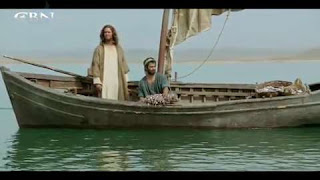Reviews of Reza Aslan's Zealot: The Life and Times of Jesus of Nazareth
For those interested in what some biblical scholars are saying about Reza Aslan's book Zealot: The Life and Times of Jesus of Nazareth. A selection of reviews and blog comments are located below. I highly recommend Robert Gundry's razor-sharp review, but you can't go wrong with Le Donne, Hurtado, Evans, and Carey either. Reviews: Robert Gundry's review of Zealot in Books and Culture "Jesus as a Jewish Jihadist": http://www.booksandculture.com/articles/2013/novdec/jesus-as-jewish-jihadist.html Anthony Le Donne at Jesus Blog: http://historicaljesusresearch.blogspot.ca/2013/07/a-usually-happy-fellow-reviews-aslans.html#more Larry Hurtado: http://larryhurtado.wordpress.com/2013/08/15/zombie-claims-and-jesus-the-zealot/ Craig Evans at Christianity Today: http://www.christianitytoday.com/ct/2013/august-web-only/zealot-reza-aslan-tells-same-old-story-about-jesus.html Greg Carey at the Huffington Post: http://www.huffingtonpost.com/greg-care...

